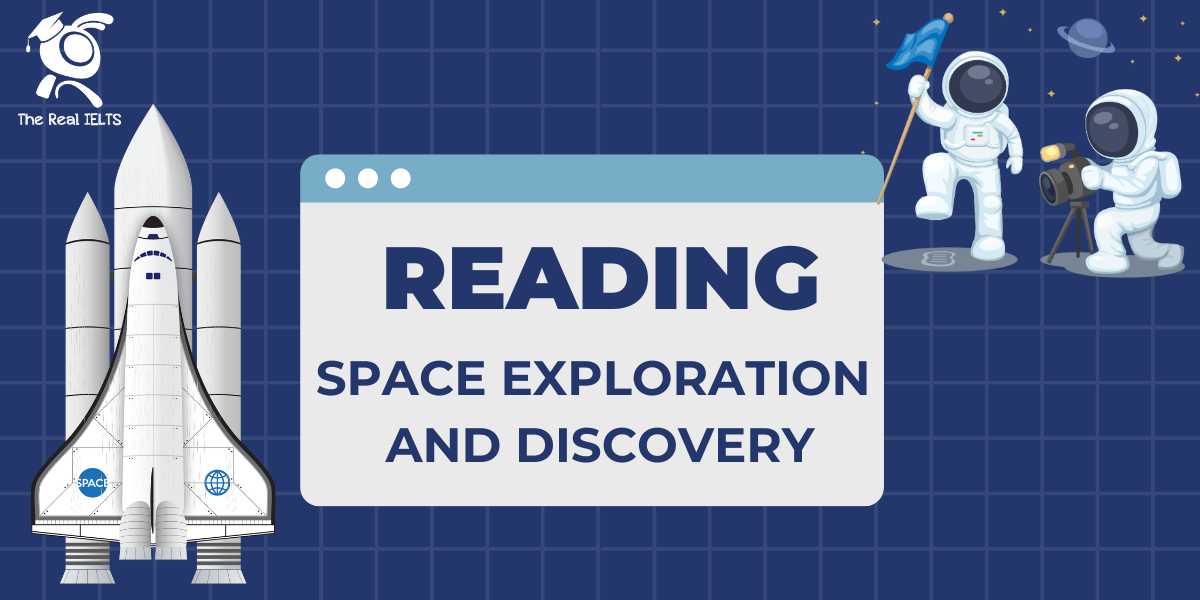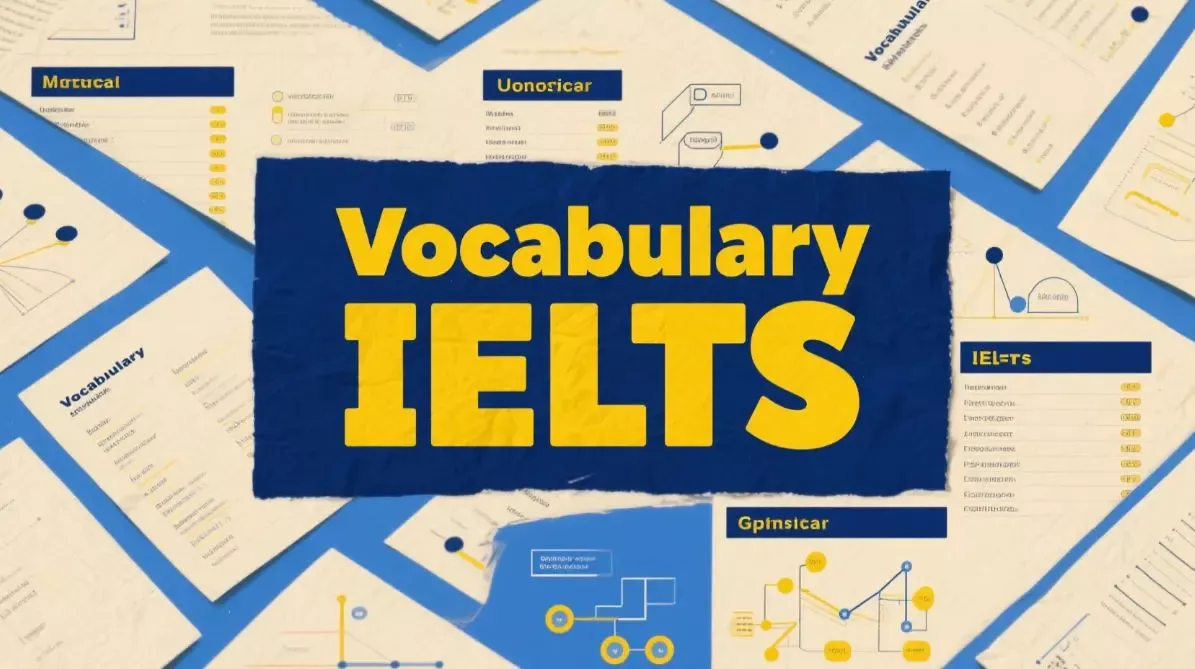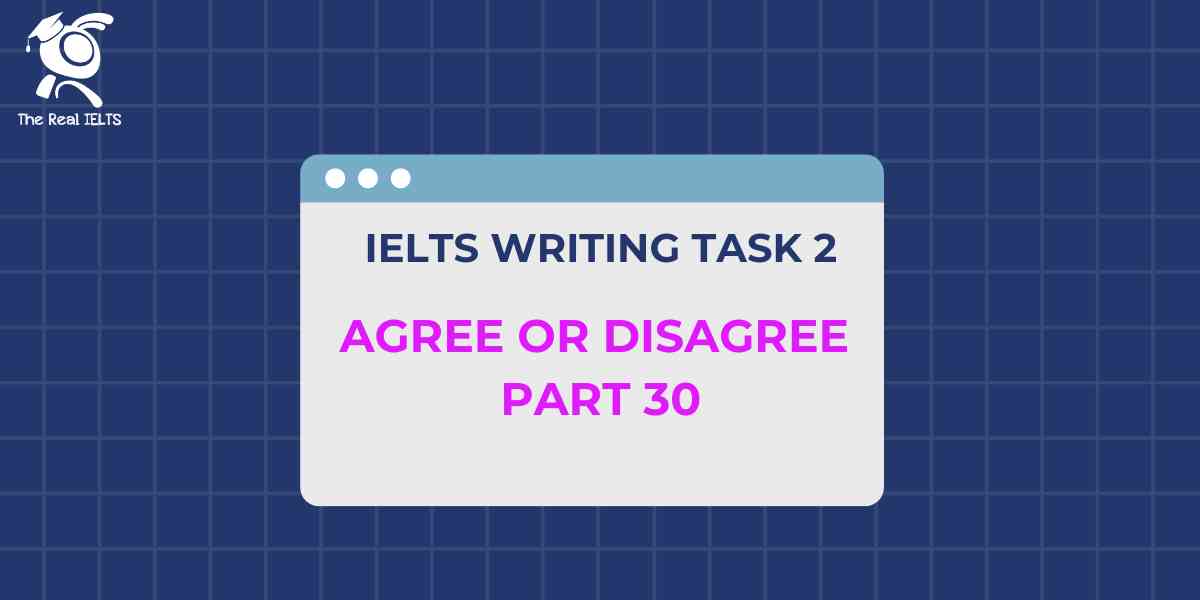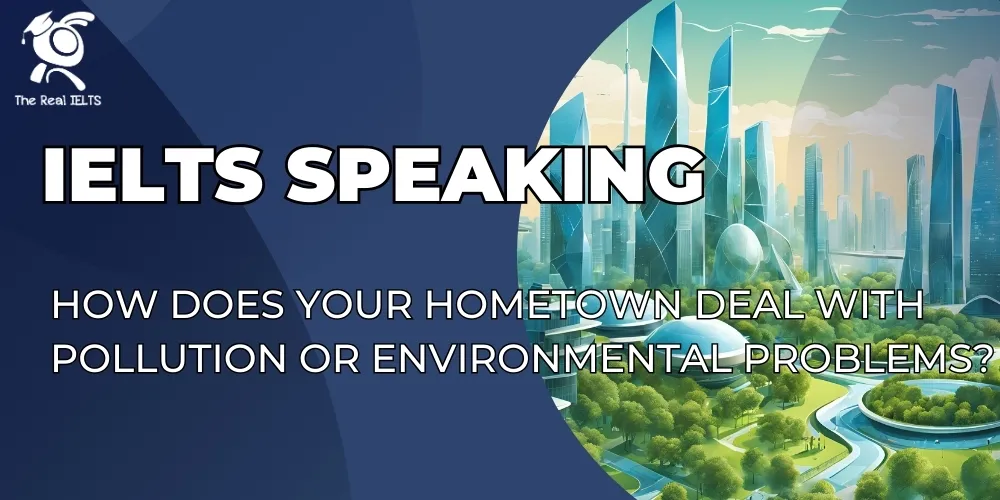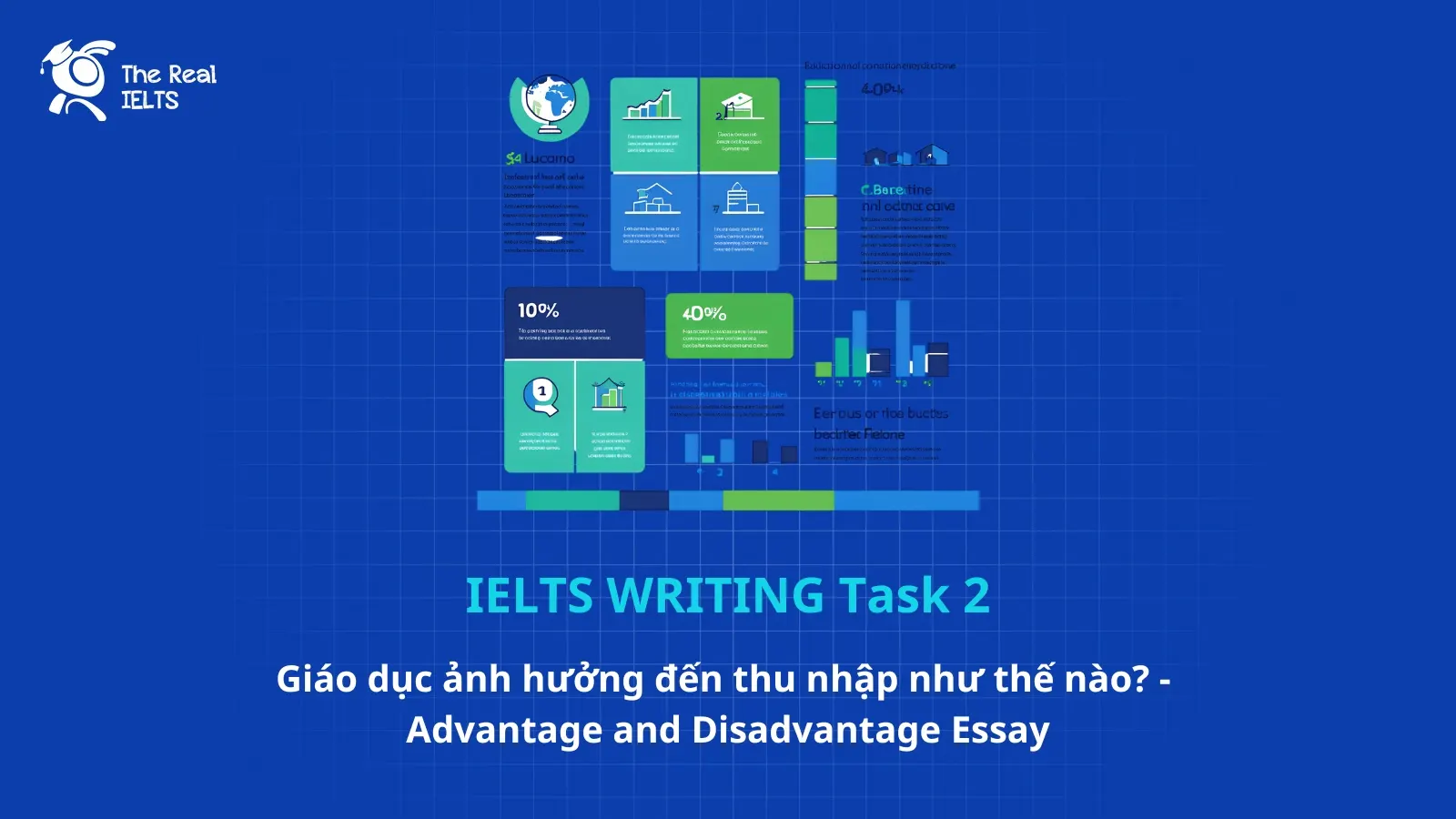Chủ đề Reading liên quan tới khám phá không gian ( Space ). Sau đây là bài đọc Reading.
Space Exploration: A Gateway to Discovery
Space exploration has long been a subject of fascination for humanity, driving us to reach beyond the confines of our planet and delve into the mysteries of the cosmos. This pursuit has led to remarkable discoveries and technological advancements, shaping our understanding of the universe and our place within it.
One of the most significant achievements in space exploration was the Apollo 11 mission in 1969, which saw humans set foot on the moon for the first time. This historic event not only demonstrated the ingenuity and determination of the human spirit but also opened up new possibilities for scientific research and exploration beyond Earth.
Since then, space agencies around the world have continued to push the boundaries of what is possible in space exploration. Robotic probes and satellites have been sent to explore distant planets, moons, and asteroids, providing valuable insights into the formation and evolution of our solar system. These missions have uncovered evidence of water on Mars, methane lakes on Titan, and organic molecules on comets, raising tantalizing questions about the potential for life beyond Earth.
Moreover, space exploration has led to numerous technological innovations that have benefited life on Earth. From satellite communications and GPS navigation to medical imaging and environmental monitoring, the spin-off technologies from space research have revolutionized various aspects of our daily lives, improving communication, healthcare, and environmental stewardship.
However, space exploration is not without its challenges and controversies. The high cost of space missions, the risks to human safety, and the ethical implications of space travel are all subjects of debate. Furthermore, there are concerns about the environmental impact of space debris and the potential for conflict over space resources as commercial interests in space exploration grow.
Despite these challenges, the benefits of space exploration far outweigh the risks. By venturing into the unknown, we expand our horizons, inspire future generations, and foster collaboration among nations. Space exploration is not just about reaching new destinations; it is about pushing the boundaries of human knowledge and imagination, sparking curiosity, and striving for a better understanding of our place in the universe.
In conclusion, space exploration is a testament to human curiosity and ingenuity, offering a glimpse into the vastness and complexity of the cosmos. Through exploration and discovery, we have unlocked the secrets of the universe and transformed our understanding of the world around us. As we continue to explore new frontiers in space, we embark on a journey of discovery that will shape the future of humanity for generations to come.
Bài tập
Multiple Choice:
- What was the significance of the Apollo 11 mission? a) Discovery of water on Mars b) Landing humans on the moon for the first time c) Exploration of the outer planets d) Establishment of a space station
- What is one of the main benefits of space exploration according to the passage? a) Increased risk of conflict over space resources b) Environmental degradation due to space debris c) Technological advancements benefiting life on Earth d) Reduction of international collaboration
- What has space exploration revealed about Mars? a) Presence of methane lakes b) Existence of organic molecules on comets c) Evidence of water d) Formation of planetary rings
True/False/Not Given:
- Space exploration has only led to scientific discoveries and has not impacted everyday life.
- The risks associated with space exploration are not a topic of debate.
- Commercial interests in space exploration have no potential drawbacks.
Matching:
- Match the following spin-off technologies with their applications on Earth: i) Satellite communications A. Environmental monitoring ii) GPS navigation B. Medical imaging iii) Remote sensing C. Communication iv) Space telescopes D. Navigation
Sentence Completion:
- Space exploration has sparked _________ among nations.
- The discovery of organic molecules on comets raises questions about the _________ for life beyond Earth.
- The Apollo 11 mission demonstrated the ___________ of the human spirit.
Short Answer Questions:
- What was the main achievement of the Apollo 11 mission?
- How has space exploration benefited life on Earth?
- What are some of the challenges associated with space exploration?
- What ethical considerations are raised by space travel?
Diagram/Flowchart/Table Completion:
- Complete the table with the names of planets explored by robotic probes. | Planets Explored | |——————| | Mars | | Jupiter | | ______________ | | ______________ |
- Fill in the missing steps in the flowchart illustrating the process of space exploration. Start → ___________ → ___________ → Discoveries → ___________ → End
Summary/Note Completion:
- Summarize the benefits of space exploration mentioned in the passage.
- Provide a brief overview of the concerns surrounding space exploration.
Matching Paragraph Headings:
- Match the following paragraph headings with the corresponding paragraphs in the passage: i) Historic Achievements in Space Exploration ii) Challenges and Controversies iii) Technological Innovations from Space Research iv) The Significance of Space Exploration
Short Answer Questions (cont.):
- What are some examples of technological innovations derived from space research?
Đáp án
Multiple Choice:
- b) Landing humans on the moon for the first time
- c) Technological advancements benefiting life on Earth
- c) Evidence of water
True/False/Not Given: 4. False
- True
- Not Given
Matching: 7. i) Satellite communications – C. Communication ii) GPS navigation – D. Navigation iii) Remote sensing – A. Environmental monitoring iv) Space telescopes – B. Medical imaging
Sentence Completion: 8. curiosity
- potential
- ingenuity
Short Answer Questions: 11. Landing humans on the moon for the first time.
- It has led to technological innovations that benefit various aspects of life on Earth, such as communication, healthcare, and environmental monitoring.
- High cost, risks to human safety, ethical implications, environmental impact of space debris, and potential conflict over space resources.
- Risks to human safety, environmental impact, and ethical implications.
Diagram/Flowchart/Table Completion: 15. Saturn, Venus (either order)
- Start → Planning → Launch → Discoveries → Analysis → End
Summary/Note Completion: 17. Benefits of space exploration include technological innovations benefiting life on Earth, advancement of scientific knowledge, and fostering international collaboration.
- Concerns surrounding space exploration include high cost, risks to human safety, ethical implications, environmental impact, and potential conflict over space resources.
Matching Paragraph Headings: 19. i) Historic Achievements in Space Exploration – Paragraph 1 ii) Challenges and Controversies – Paragraph 4 iii) Technological Innovations from Space Research – Paragraph 3 iv) The Significance of Space Exploration – Paragraph 2
Short Answer Questions (cont.): 20. Examples of technological innovations derived from space research include satellite communications, GPS navigation, medical imaging technologies, and environmental monitoring systems.
Đọc lại bài viết: Reading Skill Part 11: The Influence of Literature on Society.


